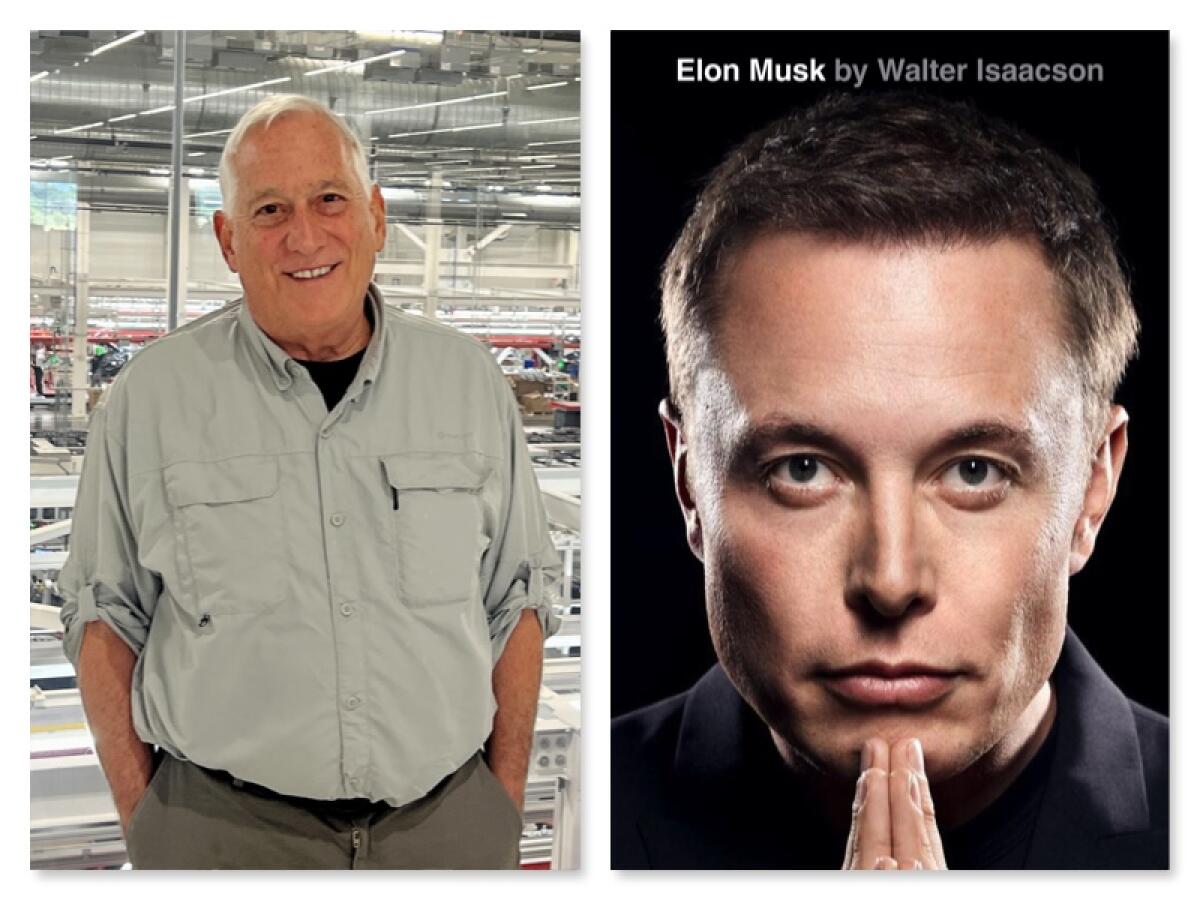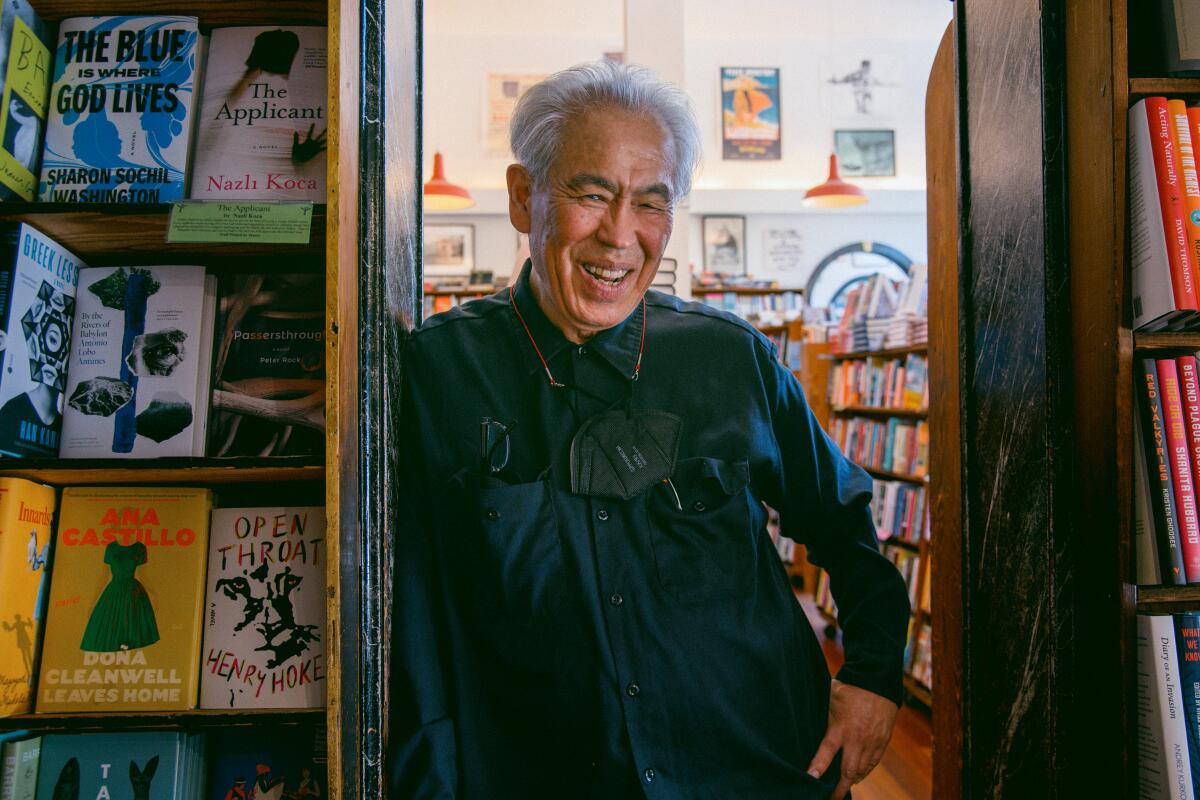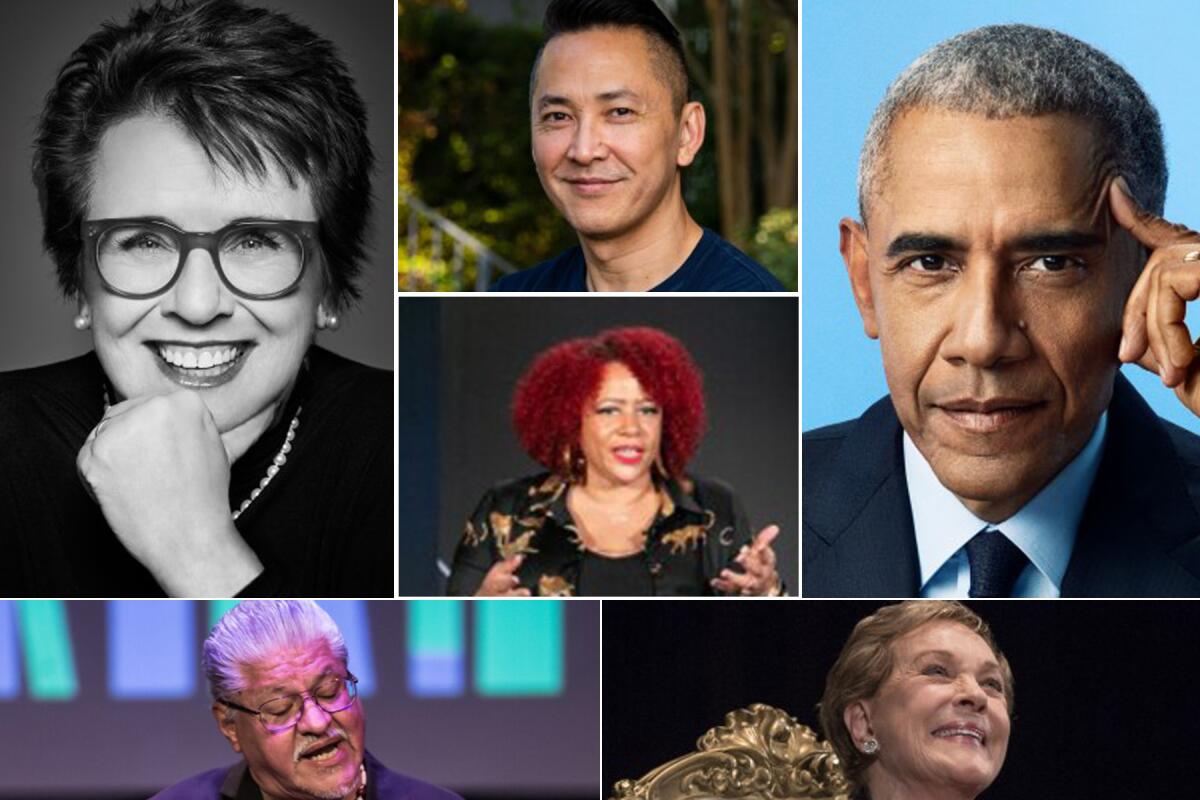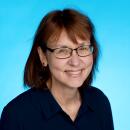Book Club: How the pandemic flipped Elon Musk’s views on politics and living in L.A.

Bestselling author Walter Isaacson joins the L.A. Times Book Club Oct. 1 to discuss “Elon Musk,” his biography of the billionaire entrepreneur.
Good morning, and welcome to the L.A. Times Book Club newsletter.
Former Time magazine editor Walter Isaacson has profiled history’s game changers in deeply researched biographies of Apple founder Steve Jobs, artist Leonardo da Vinci, theoretical physicist Albert Einstein, biochemist Jennifer Doudna and inventor and statesman Benjamin Franklin.
On Tuesday, Isaacson takes readers inside the world of one of the richest, most unpredictable power players on Earth with the publication of his latest investigation, “Elon Musk.”
From an exclusive Times excerpt, here are three things to know about the upcoming book and the CEO of Space X, Tesla and the social platform X, previously Twitter.
On politics: Musk’s dramatic political evolution can be traced to government-imposed mandates during the pandemic that “inflamed his anti-authority streak.” Isaacson writes: “He went from being a fanboy and fundraiser for Barack Obama to railing against progressive Democrats.”
On family: Musk now wishes he didn’t send his daughter to Crossroads, an L.A. private school that some celebrity kids attend, due to what he calls “woke indoctrination.”
On breaking up with California: Musk, who unloaded his estates in Bel-Air and Silicon Valley in early 2020 and moved away, also expressed his frustrations with California. “I came there when it was the land of opportunity,” he says. “Now it’s the land of litigation, regulation, and taxation.”
Read the entire excerpt.
To research the book, Isaacson spent two years shadowing Musk, who opened up corporate meetings, shared private emails and texts and encouraged colleagues, family members and adversaries to talk with the author too.
Join us: On Oct. 1, Isaacson joins the L.A. Times Book Club for a conversation with Times columnist Anita Chabria for his only L.A. area appearance. Get tickets.
Book clubbers, please send your questions for Isaacson and comments as you read along with us during September. Share questions in Eventbrite or send an email to [email protected].
What I’m reading
In an August newsletter, I focused on the beauty and chaos of the Los Angeles Public Library, which serves the largest and most diverse urban population of any library system in the nation.
As a follow up, I reached out to Susan Orlean, bestselling author of “The Library Book,” a must-read whodunit and history of L.A.’s library. Orlean, who set the bar high as our debut book club guest author in spring 2019, shared an update and a few favorite reads.
What’s the book you couldn’t put down this summer? I couldn’t put down “Trust,” by Hernan Diaz. It’s a sneaky book that seems leisurely and almost mannered, and then it starts getting more and more complicated and unreliable and makes you reconsider everything you’ve already read. It’s just brilliant.
Latest audiobook? I’m listening right now to Tess Gunty’s “The Rabbit Hutch“ and really loving it.
What you can’t wait to read this fall? Really eager to read “Let Us Descend,” by Jesmyn Ward. She never disappoints, always taking the reader deep into a new world and a new way of understanding.
What’s next? I’m writing a memoir, so that’s what’s keeping me busy. It’s an account of my writing life. I’m just in the beginning so I don’t have a projected pub date .... yet!
Keep reading
Quintessential California bookseller. Paul Yamazaki has worked at San Francisco’s legendary City Lights bookstore for 53 years. The childhood Dodgers fan likens himself to the team’s late longtime manager: “I’m the Tommy Lasorda of City Lights.” This fall, for his work championing books and reading, Yamazaki will receive the Literarian Award for Outstanding Service to the American Literary Community, presented annually by the National Book Foundation. John McMurtrie tells his story.

Noir master returns. Fact, fiction and conspiracy blur together in James Ellroy’s new novel, “The Enchanters.” The story incorporates the death of Marilyn Monroe, the corruption of real-life L.A. cop / fixer Freddy Otash and the haunting landscape of 1960s Los Angeles. “A sort of fever takes over the reader,” says reviewer Chris Vognar.
Brothers in crime. For a fun read, check out: How Lee and Tod Goldberg turned crime fiction into a family business, by Erik Pedersen. Both writers have new books out this month: Lee Goldberg’s “Malibu Burning” and Tod Goldberg’s “Gangsters Don’t Die.” Tod, by the way, credits their mother, Jan Curran, a newspaper society columnist, as his inspiration. “I would fall asleep at night to the sound of her on her Olivetti,” he says. “I can hear that click-click-clack.”
What would a university of the canceled look like? Check out Julius Taranto’s very funny debut novel, “How I Won a Nobel Prize.”
Her solo journey. Lauren Groff reinvents the adventure novel: “‘Vaster Wilds’ is, among other things, a survival story: a step-by-step, sometimes cave-to-cave course in basic first aid and the kinds of skills most of her readers would learn only in scouting troops,” says reviewer Bethanne Patrick. “Our heroine has the tools: a hatchet, a knife and a flint.”
The state of AI. Times columnist Brian Merchant, author of the forthcoming “Blood in the Machine: The Origins of the Rebellion Against Big Tech,” weighs in on “What Stephen King — and nearly everyone else — gets wrong about AI and the Luddites.”
Poetry in the wild. U.S. Poet Laureate Ada Limón is collaborating with the National Park Service, and the Poetry Society of America to create poetry installations in California’s Redwood National and State Parks and six other wild spaces. She’s also building “You Are Here: Poetry in the Natural World,” an anthology featuring 50 American writers. “I want to champion the ways reading and writing poetry can situate us in the natural world,” Limón says. “Never has it been more urgent to feel a sense of reciprocity with our environment.”
Fall memoirs and more. The New York Times suggests 33 nonfiction books to read this fall. Along with Walter Isaacson’s “Elon Musk” and Martin Baron’s “Collision of Power,” our October book club read, the picks include titles by Barbra Streisand, Patrick Stewart, Jada Pinkett Smith, Kerry Washington, Viet Thanh Nguyen and Taylor Lorenz. ICYMI: LAT’s 30 books we can’t wait to read this fall.
Support our community book club. We depend on readers like you to help us produce L.A. Times Book Club events both in-person and virtual throughout the year. If you enjoy these conversations, please make your tax-deductible contribution to the Los Angeles Times Community Fund to become a benefactor. We’ll feature your name and organization at the next book club meetup and online as you help the L.A. Times Book Club continue and thrive.

On this day
John Muir wrote to Theodore Roosevelt on Sept. 9, 1907: “Dear Mr. President, I am anxious that the Yosemite National Park may be saved from all sorts of commercialism and marks of man’s work other than the roads, hotels etc required to make its wonders and blessings available. For as far as I have seen there is not in all the wonderful Sierra, or indeed in the world another so grand and wonderful and useful a block of Nature’s mountain handiwork.”
Muir’s plea to preserve the Hetch Hetchy Valley is featured in Los Angeles writer David Kipen’s upcoming book, “Dear California: The Golden State in Diaries and Letters.” (Redwood Press)
Last word
“To anyone I’ve offended, I just want to say I reinvented electric cars and I’m sending people to Mars in a rocket ship. Did you think I was also going to be a chill, normal dude?” Elon Musk on “Saturday Night Live” in 2021
Sign up for our Book Club newsletter
Get the latest news, events and more from the Los Angeles Times Book Club, and help us get L.A. reading and talking.
You may occasionally receive promotional content from the Los Angeles Times.




